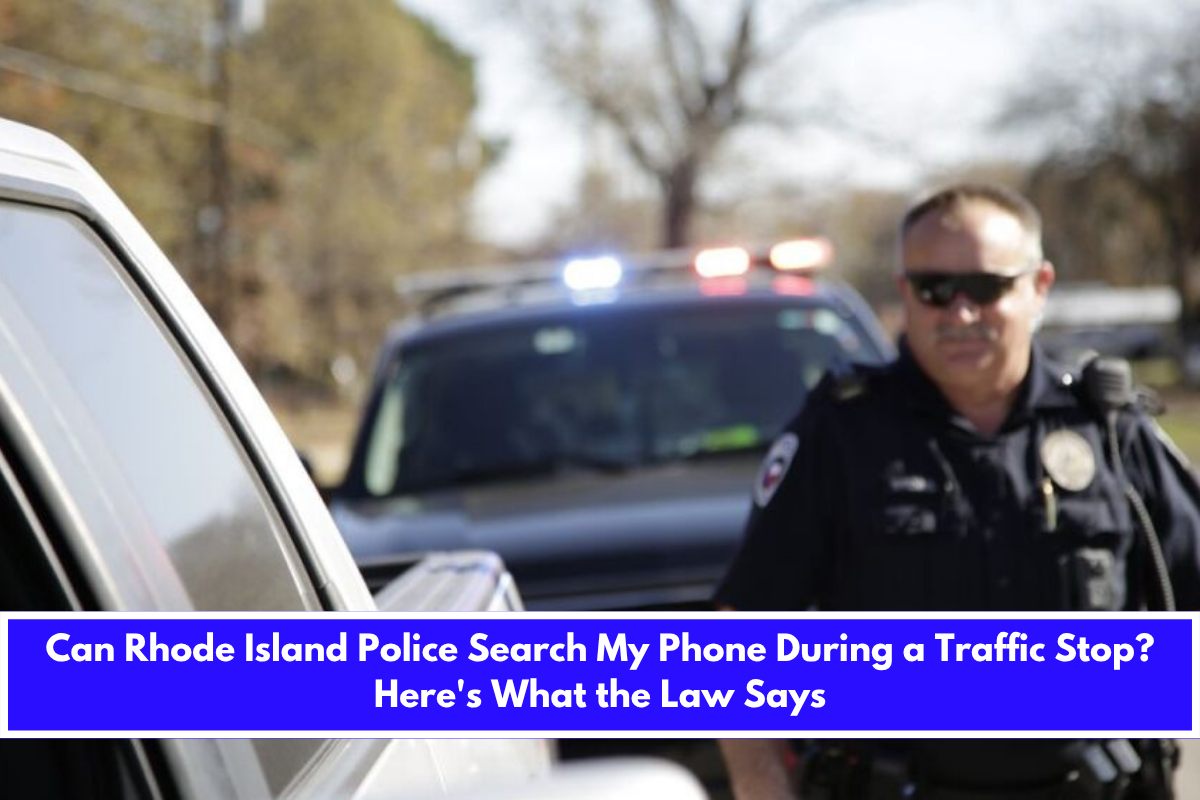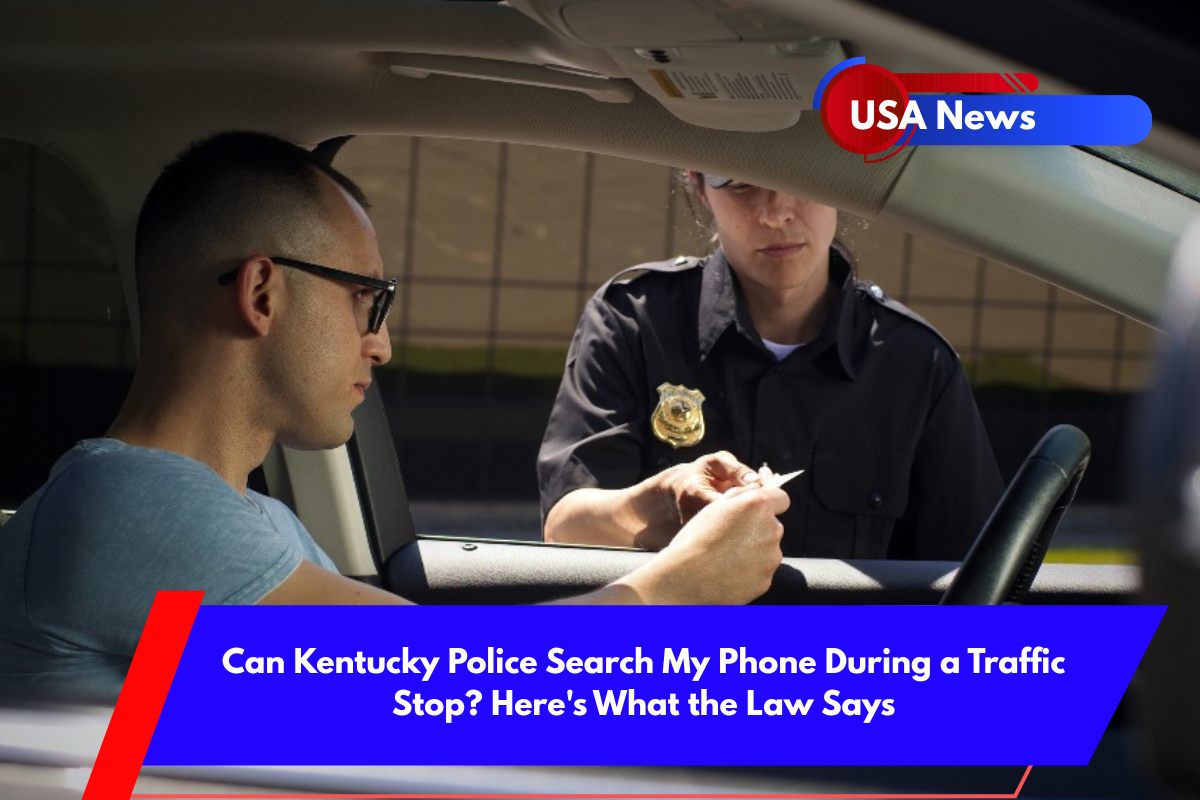No, Rhode Island police generally cannot search your phone during a traffic stop without your consent or a warrant, unless there are specific legal exceptions such as exigent circumstances.
Legal Overview
1. Warrant Requirement for Cell Phone Searches
- Police in Rhode Island must obtain a search warrant before searching your cell phone, even if the phone is seized during an arrest. This rule is based on the U.S. Supreme Court decision in Riley v. California (2014), which applies nationwide and is explicitly referenced in Rhode Island police policy.
- The only exception is if there are “exigent circumstances”—for example, if there is an immediate threat to public safety or risk of evidence being destroyed. In such cases, a warrantless search may be justified, but these situations are rare.
2. Consent Searches
- Police may ask for your consent to search your phone. However, Rhode Island law requires that consent must be given freely, knowingly, and voluntarily, without any coercion or intimidation. You have the right to refuse consent, and refusal cannot be used as a reason to search your phone.
- Officers must inform you of your right to refuse consent before conducting a search of your belongings, including your phone.
3. Traffic Stops and Reasonable Suspicion
- If you are stopped solely for a traffic violation, police cannot request to search your phone (or other belongings) unless they have reasonable suspicion or probable cause of criminal activity.
- The law prohibits officers from detaining you beyond the time needed to address the traffic violation unless there is reasonable suspicion or probable cause of another crime.
4. Searches Incident to Arrest
- Even if you are arrested during a traffic stop, police still need a warrant to search your phone. The “search incident to arrest” exception does not apply to digital devices like cell phones.
Table: When Can Police Search Your Phone During a Traffic Stop in Rhode Island?
| Situation | Can Police Search Your Phone? | Legal Basis/Notes |
|---|---|---|
| Routine traffic stop, no suspicion of crime | No | Warrant or consent required |
| You give voluntary, informed consent | Yes | Consent must be free, knowing, and voluntary |
| Police have probable cause or reasonable suspicion of a crime | Maybe (with warrant) | Warrant required unless exigent circumstances |
| Exigent circumstances (rare) | Yes (without warrant) | Immediate threat or risk of evidence destruction |
| Search incident to arrest | No (warrant still required) | Riley v. California applies |
Sources:
- https://www.providenceri.gov/wp-content/uploads/2021/07/330.03-Search-Seizure.pdf
- https://law.justia.com/codes/rhode-island/title-31/chapter-31-21-2/section-31-21-2-5/
- https://www.notguiltyri.com/illegal-searches-in-rhode-island
- https://www.dot.ri.gov/safety/distracted_safety.php
- https://jcjl.pubpub.org/pub/v5i2ryuircnx













